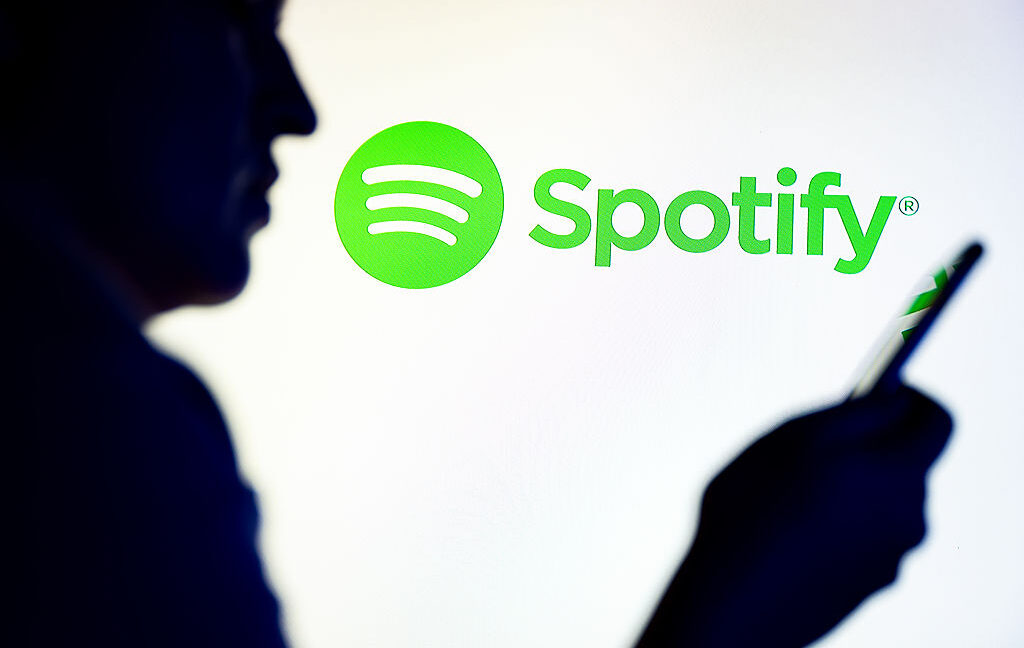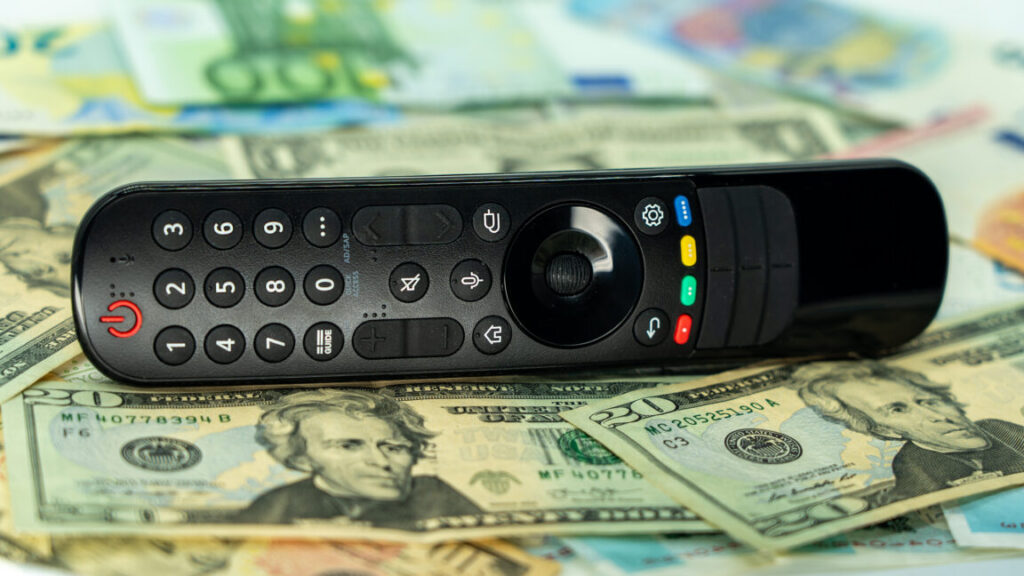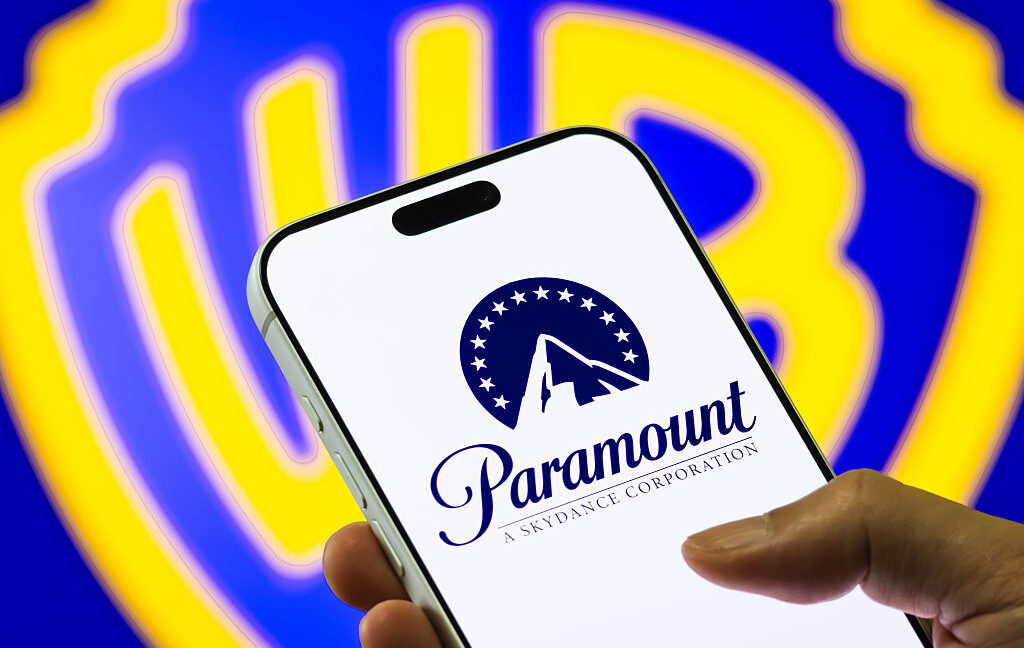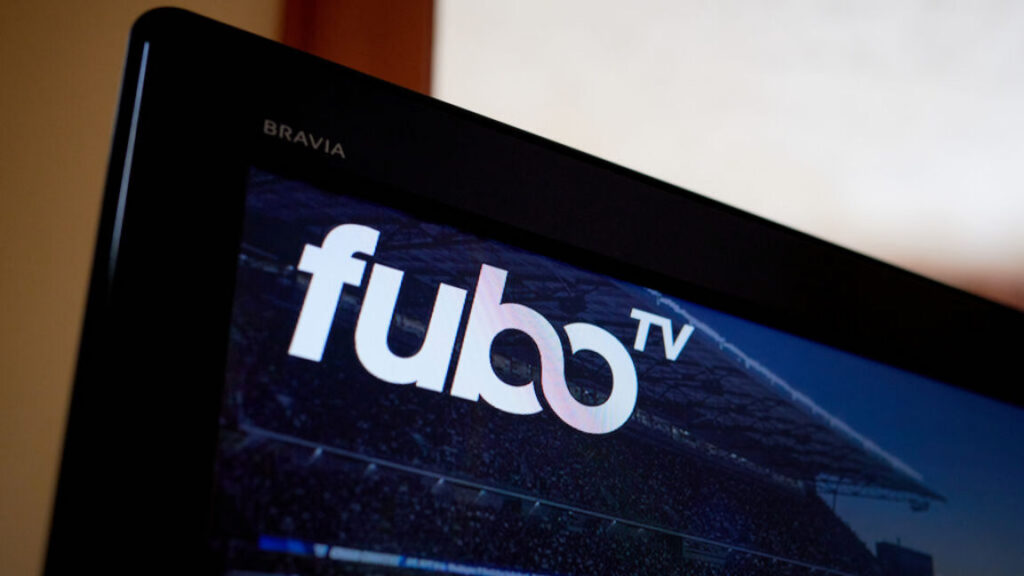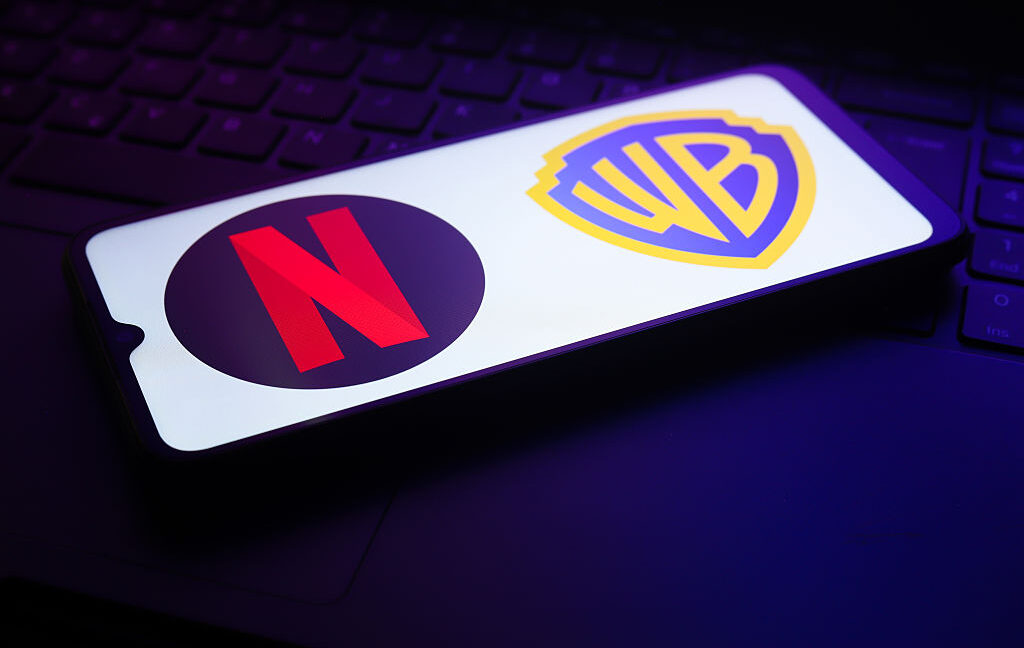Reports of ad-supported Xbox game streams show Microsoft’s lack of imagination
You can do better than that
That’s a moderately useful option for cloud-curious Xbox players that might not be willing to take the plunge on a monthly subscription, we suppose. But it also feels like Microsoft could come up with some more imaginative ways to use Cloud Gaming to reach occasional players in new ways.
What’s stopping Microsoft from offer streaming players a 30-minute timed demo stream of any available Xbox Cloud Gaming title—perhaps in exchange for watching a short ad, or perhaps simply as an Xbox Live Arcade-style sales juicing tactic? Or why not offer discounted access to a streaming-only Game Pass subscription for players willing to watch occasional ads, like Netflix? Microsoft could even let players spend a couple of bucks to rent a digital copy of the title for a few days, much as services like iTunes do for newer films.
Those are just a few ideas off the top of our heads. And they all feel potentially more impactful than using ads as a way to let Xbox players stream copies of games they already purchased.
Back in 2019, we noted how Stadia’s strictly buy-before-you-play streaming business model limited the appeal of what ended up as a doomed cloud-gaming experiment. Microsoft should take some lessons from Google’s failure and experiment with new ways to use streaming to reach players that might not have access to the latest high-end hardware for their gaming experiences.
Reports of ad-supported Xbox game streams show Microsoft’s lack of imagination Read More »

